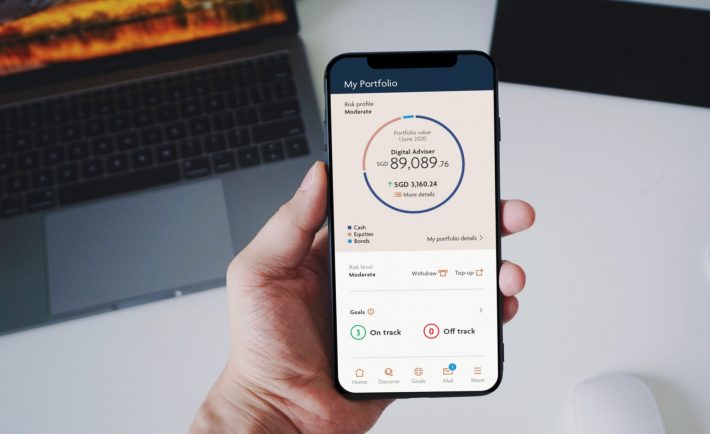Let’s face it: when it comes to our finances, sometimes we’re not the best role models for our kids.
But that doesn’t mean they can’t learn about money from us. It just means we need to be a little more creative in teaching them.
Allow us to outline a few ways you can teach your kids about money, even if you’re not great with it yourself.
Talk about money openly
Speak with your kids about what you’re doing to get your finances in order, and ask them for their opinions. And while you’re working on your finances, be sure to model accountable behavior.
Show them the importance of working hard and understanding the value of a dollar. Kids are smart, and they will learn a lot just by watching you. So make sure to set a good benchmark, and they will be on the right track in no time.
Model saving and spending
If your kids see you routinely raiding your savings account, they’re going to get the impression that it’s okay to spend money carelessly. And that’s not the message you want to send.
On the other hand, if they see you carefully budgeting your money and setting aside a portion for savings, they’re going to learn that it’s crucial to be liable for their finances. So be a standard for your kids and show them how to handle money responsibly.
Help them set financial goals

Image Credits: realsimple.com
One of the best ways to teach kids about money is to help them set financial goals. This could be anything from saving up for a new video game to putting away money for a university fund.
The key is to make the goals realistic and achievable. You don’t want to set your child up for disappointment by telling them they need to save up to $100,000 for a new car when they’re only 10 years old.
Start small and work your way up. Break down the destination into smaller steps, and make a plan of action that outlines how your child can reach their goal. Offer support and encouragement, and celebrate each accomplishment along the way.
Encourage kids to make mistakes with play money
You don’t want your kids to grow up making the same mistakes you did with your money, so what can you do? Encourage them to make mistakes—with play money, that is.
When they’re young, give them a bunch of fake money and let them experiment. Let them figure out how to save and how to spend, and how to make the right choices when it comes to their finances. It’s a safe way for them to learn, and it’s a lot of fun too.
Plus, it will teach them about responsibility. When they’re handling real money, they will be more careful with it because they know the consequences of making mistakes. So start early and let your kids learn about money in a fun and safe environment.
You’re not alone if you’re not great when it comes to money, but that doesn’t mean you can’t teach your kids how to handle their finances. Start by setting a good example yourself. Show your kids that you’re working hard and being responsible with your money. Then, talk to them about money. Explain what it is, how it works, and why it’s necessary to be smart with it. Finally, give them some hands-on experience with money. Help them open a savings account, or have them do chores in exchange for cash. By teaching them about money from an early age, you can help them avoid common financial mistakes in the future.













